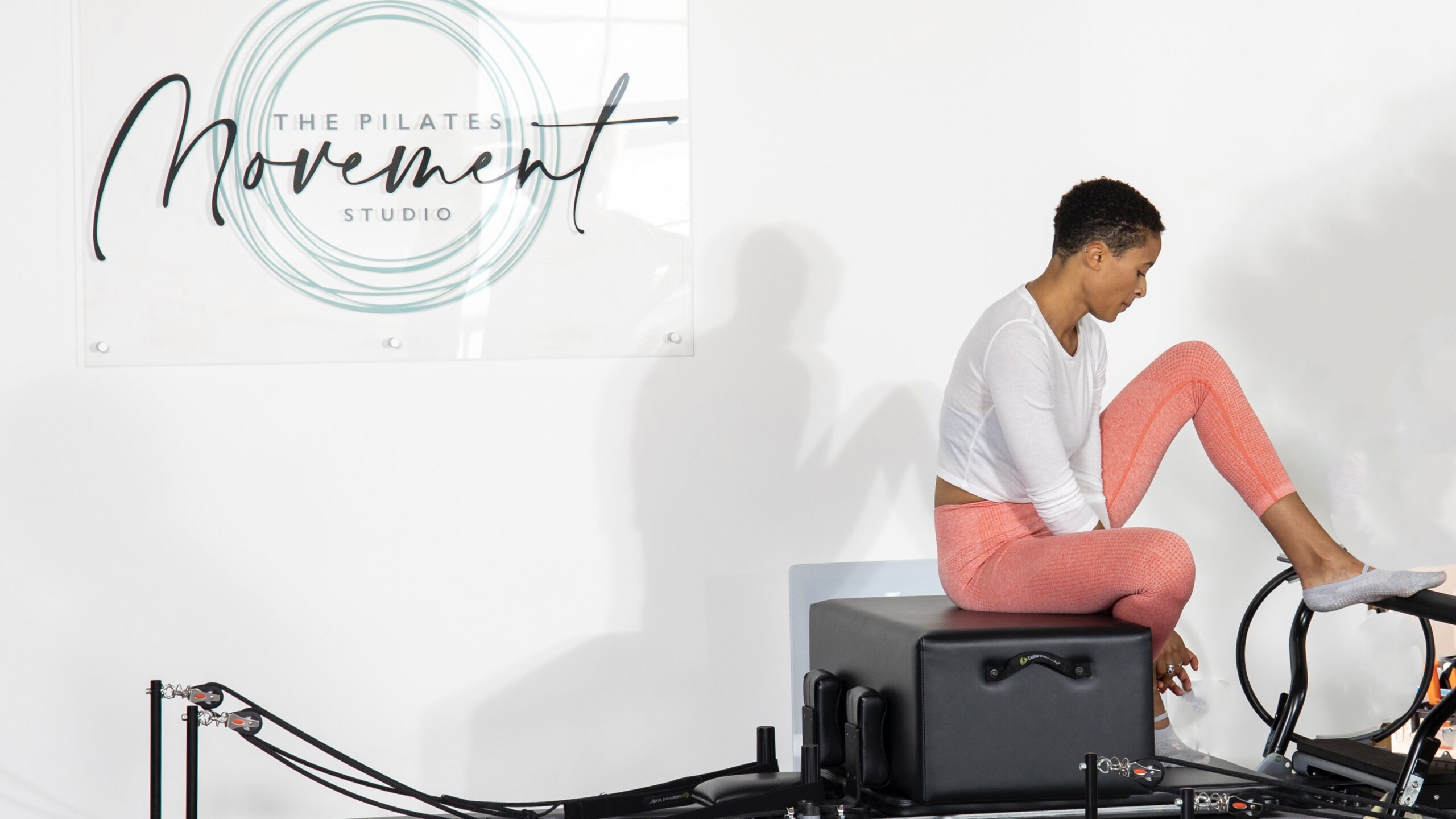
Posted By : Admin / On : October 07, 2024 / In : Health,mental health

We often underestimate the link between our physical and mental wellbeing. More specifically, we do not fully acknowledge how physical strength affects our emotional strength. Emotional resilience – the ability to adapt and recover from setbacks – is an incredibly valuable tool in life. While many people turn to mindfulness techniques or therapy for emotional support, Pilates can also be incredibly emotionally rewarding. With that said, this article explores the link between emotional resilience and the mindful movement that is so fundamental to Pilates.
A central principle of Pilates is the mind-body connection. Unlike high-intensity workouts that allow your mind to wander, Pilates requires your full attention because you need to focus on each precise movement. This mental engagement helps develop body awareness, an important aspect of emotional resilience. Understanding how your body reacts to stress allows you to recognise and manage both physical and emotional tension more effectively.
The core is at the heart of every movement you engage in during Pilates. While many associate core strength with physical stability, it is also intricately linked to emotional stability. The core, often referred to as the “powerhouse” in Pilates, serves as the body’s centre of gravity. Science shows that by strengthening this area, you create a solid physical foundation, which translates to a sense of inner strength, helping us to overcome stress.
When your body feels strong and stable, your mind often follows suit. Pilates builds a type of confidence that stems from knowing you can rely on and trust your body. Whether it’s mastering a difficult movement or seeing your progress over time, this physical confidence can extend to other areas of life. You become better equipped to handle emotional challenges, knowing that you have the strength and resilience to adapt and persevere.
We often store emotional tension in our bodies, particularly in the shoulders, neck, and hips. Tension headaches and tightness of the jaw are just a couple of examples of the ways in which stress or negative emotions can manifest in physical discomfort. Pilates, with its focus on controlled stretching and muscle release, can help alleviate these physical manifestations of emotional stress. Specific movements in Pilates target these areas, offering relief and allowing emotional energy to be released.
For example, exercises like the “swan dive” can open the chest and spine—areas that tend to tighten when we are anxious or stressed. By lengthening and strengthening these muscles, Pilates encourages the release of pent-up emotions, promoting a sense of physical and emotional freedom.
Also, Pilates promotes mindful movement that can help interrupt negative emotional cycles. Instead of reacting impulsively to stress or anxiety, Pilates teaches us to slow down, listen to our bodies, and move with intention. This can lead to more thoughtful and measured responses in emotional situations, reinforcing resilience.
Another key element of Pilates is breath-work. In Pilates, every movement is paired with a specific breathing pattern, typically inhaling through the nose and exhaling through the mouth. This synchronisation of breath and movement is not just a tool for physical control but also for emotional regulation.
Deep breathing has been shown to activate the parasympathetic nervous system, which helps to calm both body and mind. By practising breath control in Pilates, you are training your brain to handle stress more effectively. This improved emotional regulation helps you stay composed in stressful situations, reduces feelings of overwhelm, and promotes a balanced perspective—all essential aspects of emotional resilience.
Pilates is often described as a form of moving meditation. The practice demands full concentration, drawing attention to the present moment. This state of mindfulness can help you develop a more resilient mindset, allowing you to focus on the here and now rather than ruminating on the past or worrying about the future.
When challenges arise in life, this ability to stay present is crucial. Tunnel-vision and over analysing the future are recipes for anxiety, stress, and overthinking. Pilates teaches you to focus on what you can control—your breath, your movement, and your posture. This focus quietens the mind’s chatter and reduces feelings of helplessness or anxiety. Over time, this mindful approach to movement builds emotional resilience by encouraging calm and measured responses to stress.
Finally, the social aspect of Pilates can cultivate emotional wellbeing. Whether you practise in a studio or participate in online classes, Pilates creates a sense of community and support. Sharing a positive experience with others, overcoming challenges together, and receiving encouragement from instructors and classmates can strengthen emotional resilience.
Looking to join the community? Come along to one of The Pilates Movement’s classes in Guildford, Farnham or Godalming. Our expert instructors are here to guide you through your journey towards a stronger body and mind.
The Pilates Movement
Be the first to know about class specials and updates